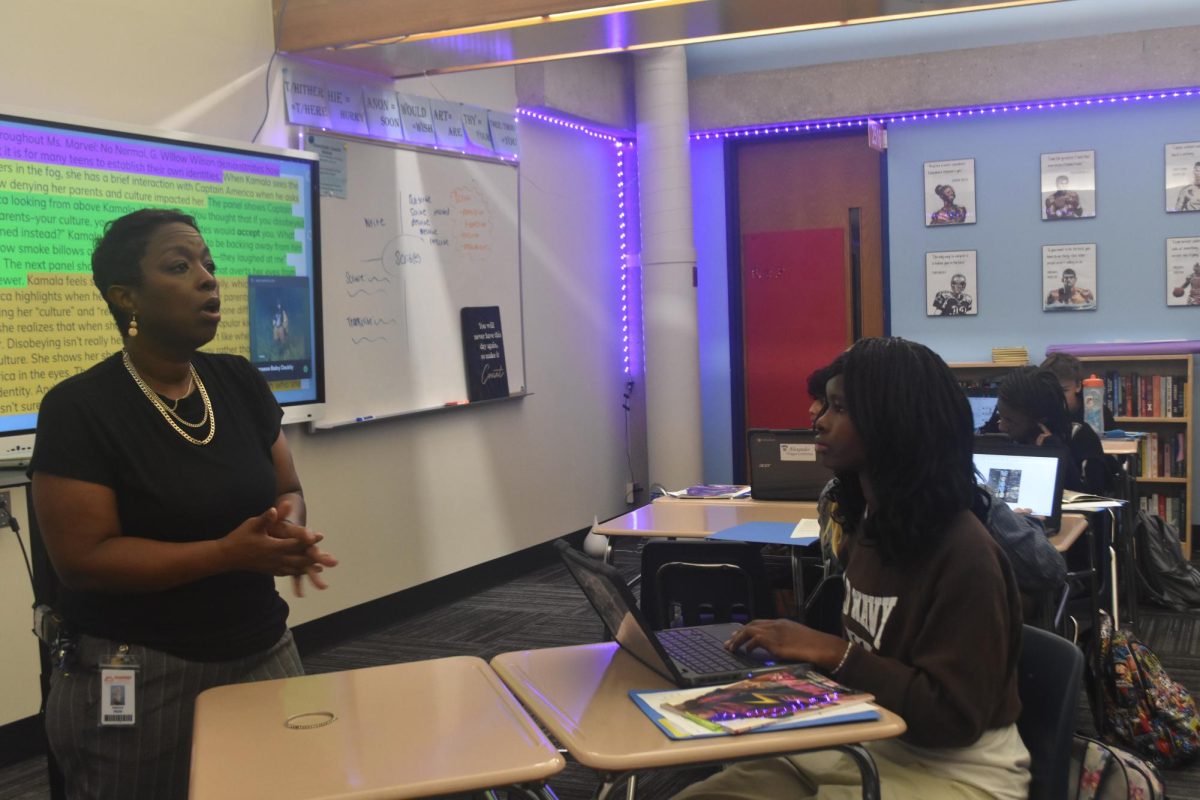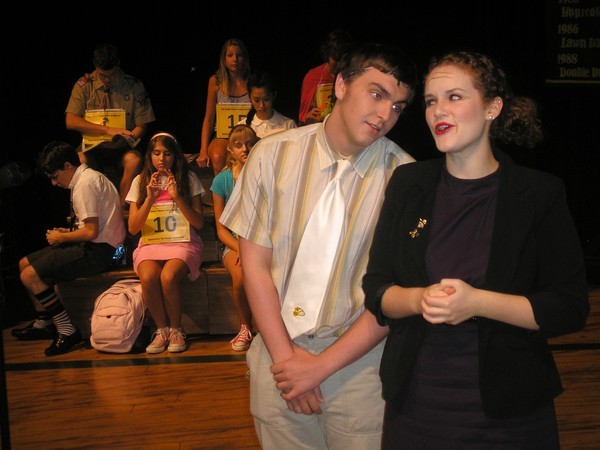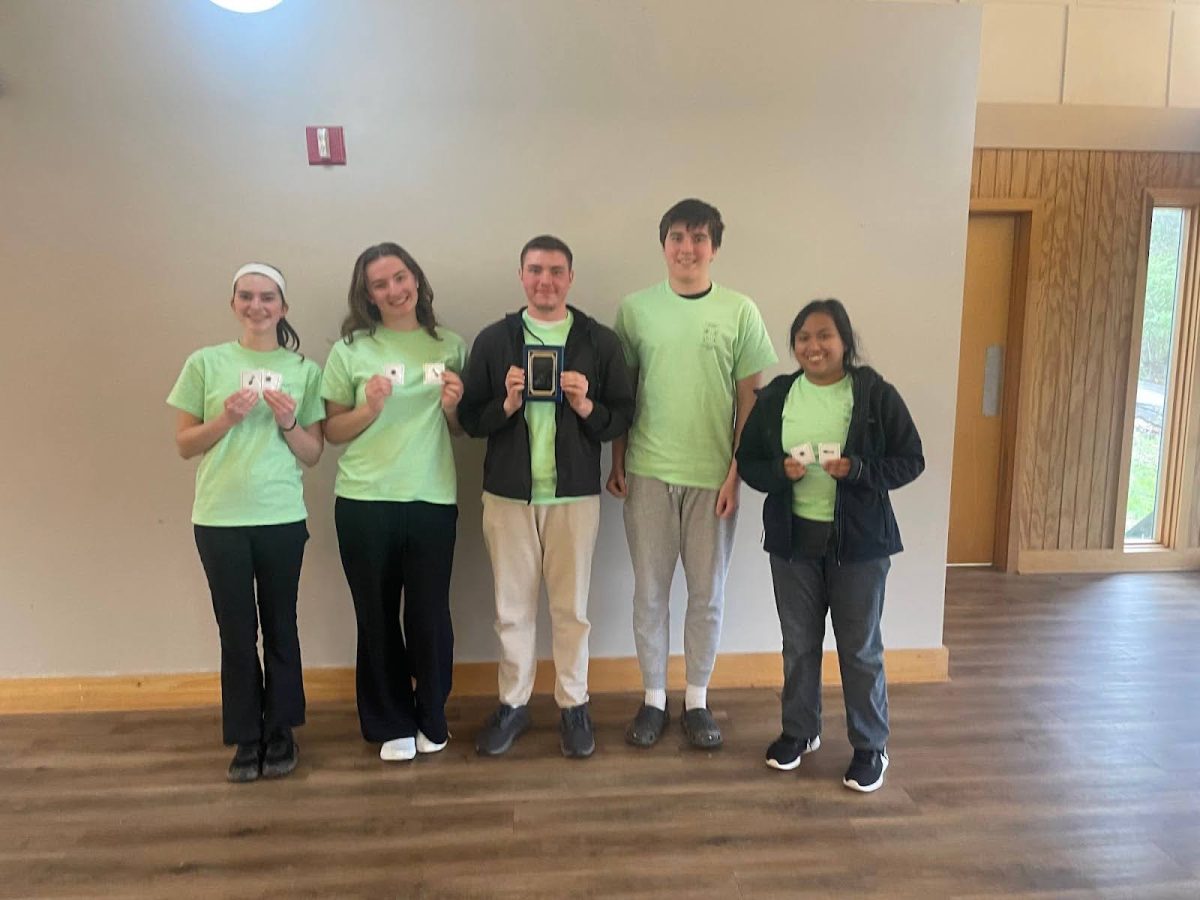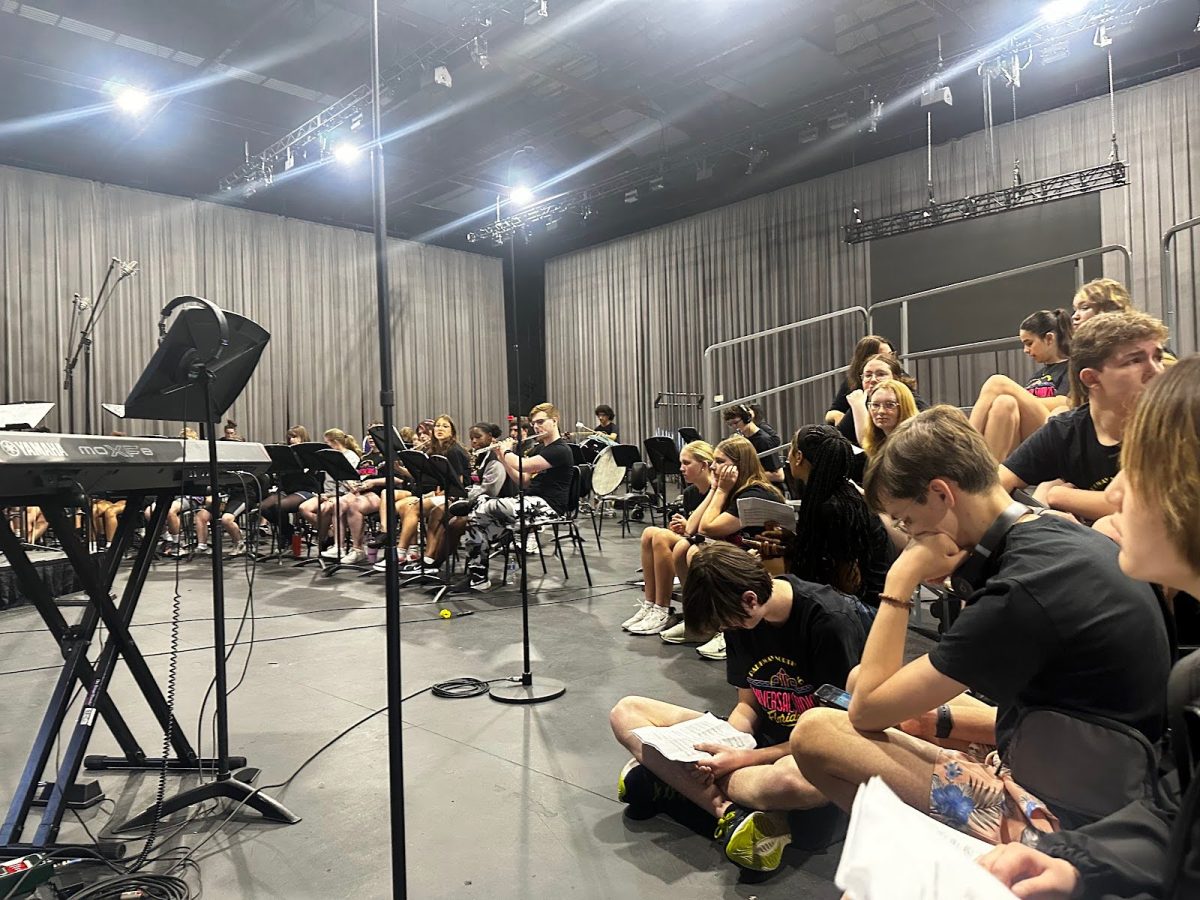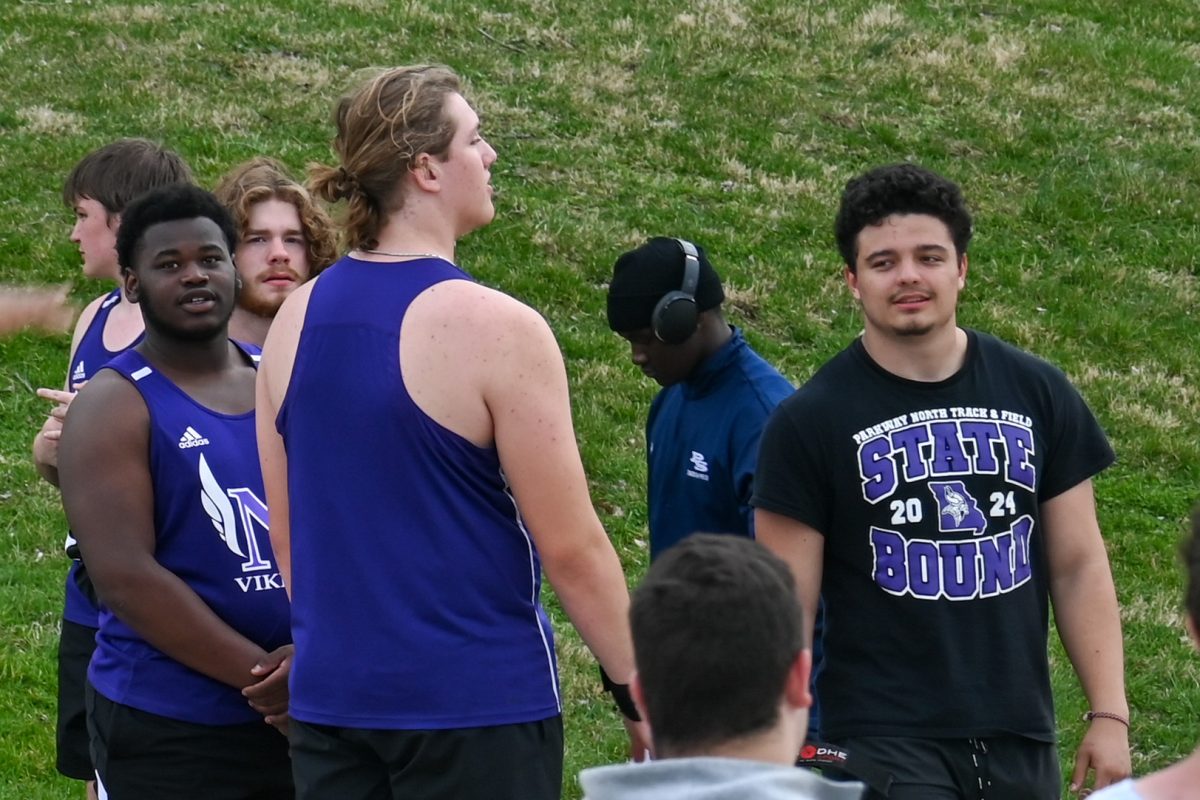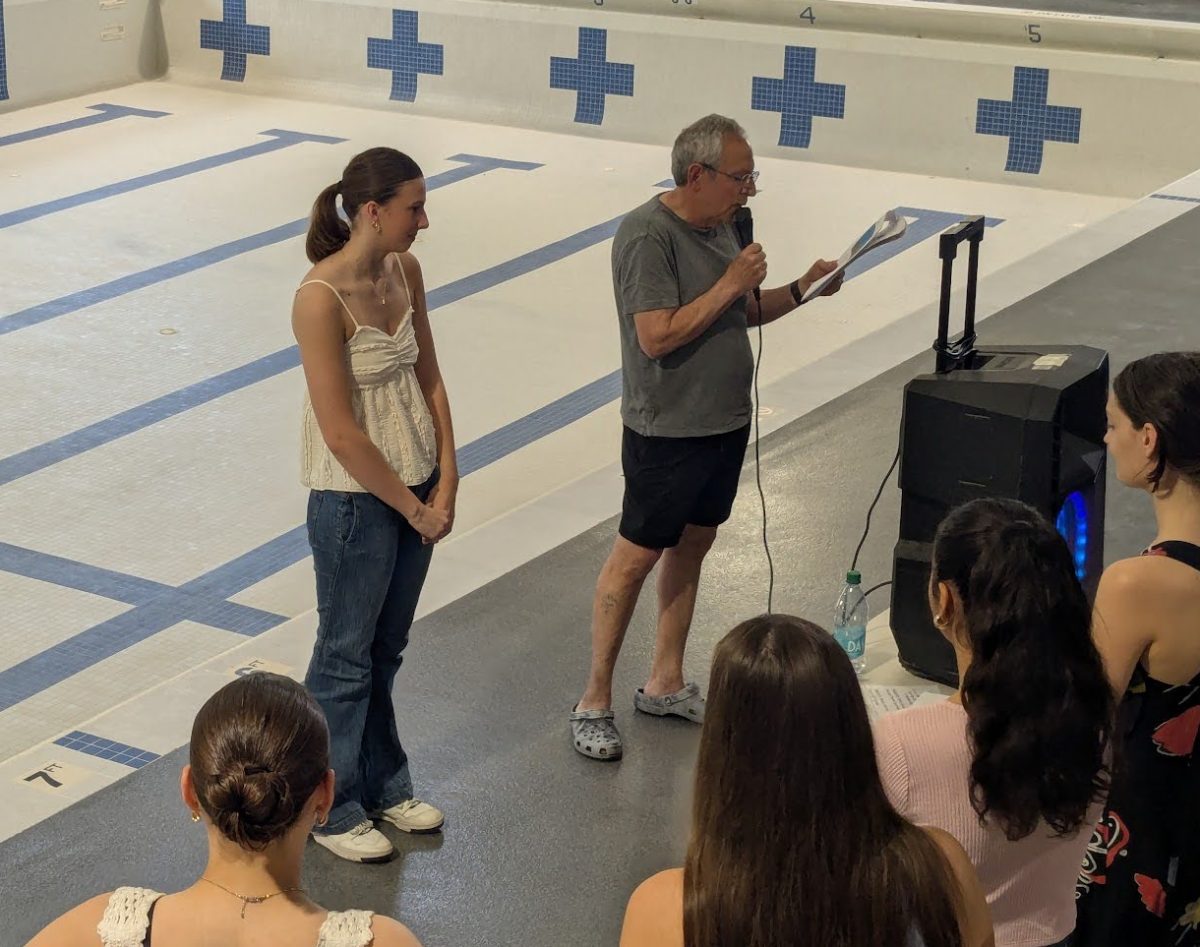
As the end of the school year approaches and testing for AP courses end, it’s easy to start slacking off. However, school is not over yet and finals being May 24. Unfortunately, many students have never learned how to study for tests. While teachers will sometimes provide materials, it is also often left to students to figure out what works well for them. Everyone has their own routine they need to figure out. Here are a few ideas about how to study for finals.
“Studying for finals is important because [finals] typically count for a large portion of your grade, and it covers a lot of material you could have forgotten,” freshman Gina Brimer said. “This makes it important to study, or at least reviewing the material very beneficial.”
An article by the University of Pittsburgh states that students should start studying 7-10 days before a test, and that they should study over multiple days. When a student crams right before a test, they are less likely to remember everything they learned the night before.
“When studying for any big test, it’s important to take little chunks of time throughout time and not wait to cram in a weekend of studying, but instead just do a little bit now and then,” AP Human Geography teacher Jeff Kinney said.
While it’s important to study a bit ahead of a test, how one studies is also important. Kinney explains that for most people, just reading through old notes or a textbook won’t be as beneficial as doing something with that information.
“Quiz yourself or make flashcards or whatever but where you’re actually actively doing something to help make your brain make sense of it,” Kinney said.
Gimkit, quizlet and blooket are all great websites to use to help a student study and eliminate the tendency for one’s mind will wander which happens sometimes if a student is only reading and not doing something more active.
“I typically go over the notes that I have and make flashcards,” Brimer said. “It can stick easier in your brain and you can go over the information a lot of times.”
Another tip is to find a study area that is conducive to how you study. Some people may need a quiet, comfortable study area to help them concentrate while others may need to listen to music and walk or move while they are studying. According to researchers at Duke University, music without words, like classical music, may help students remember information because it helps reduce anxiety. Whatever environment works for you, make sure you eliminate other distractions like tvs, phones, people, etc.
Studying will be different for each person, but there is no doubt that it’s an important process to get the hang of.



